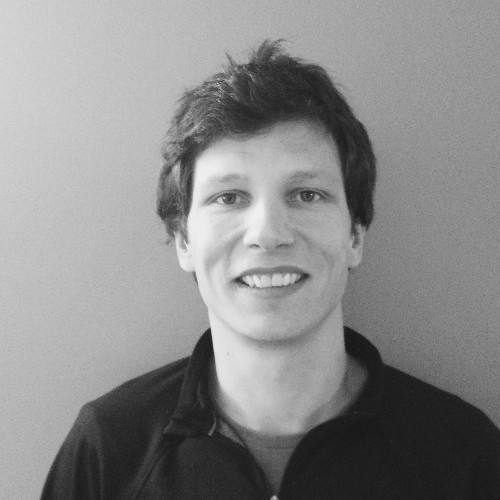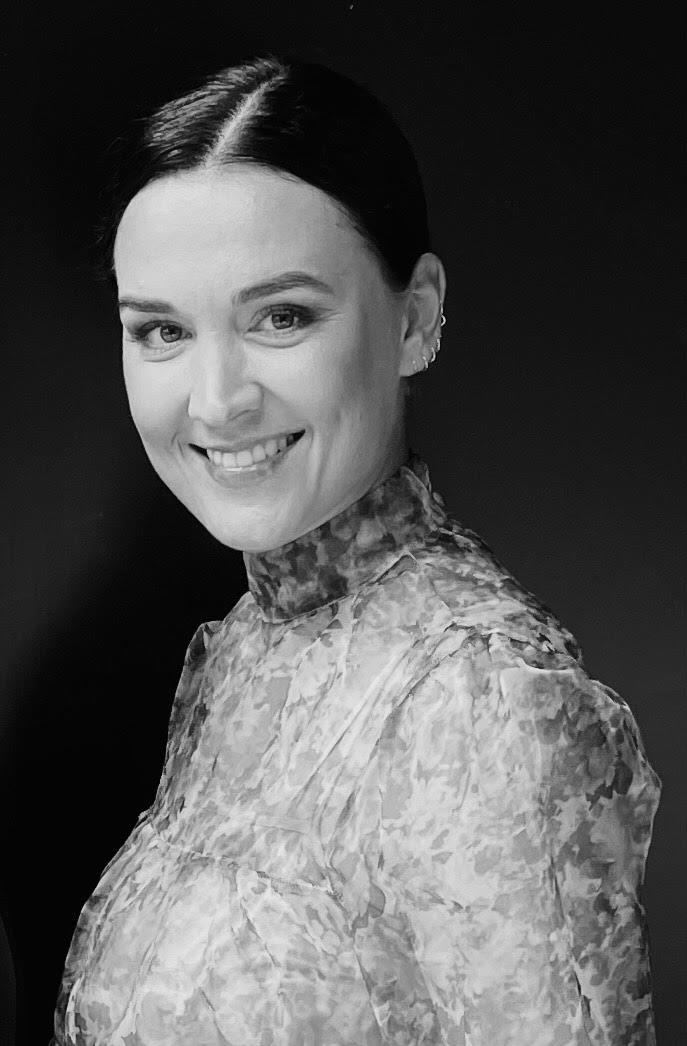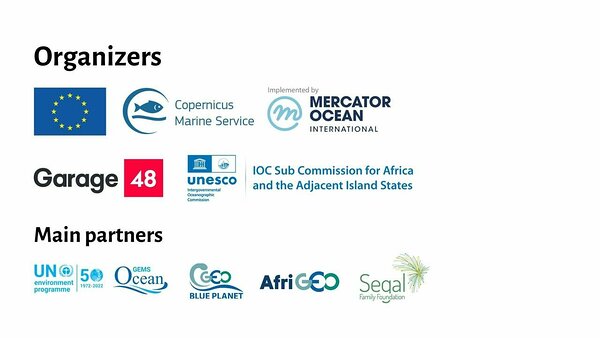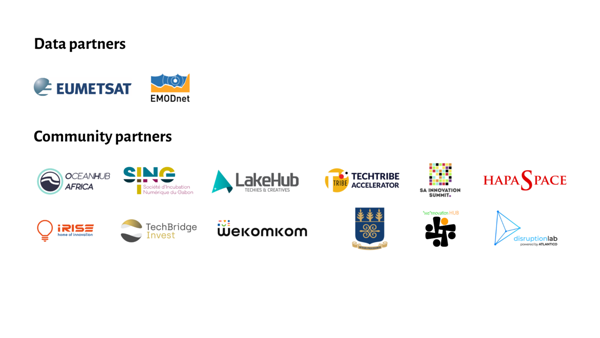The coastal and marine environments in Africa expand over 35,000 kilometers of coastline in 38 countries on the continent and deliver numerous ecosystem services, among which food provisioning, climate regulation, cultural benefits, tourism, shipping, to name just a few... 🌊🐠
While the ocean holds a vital role in the lives of many African communities and offers many opportunities, it is also threatened by climate change and increasing pressures derived from human activities, affecting the health and resilience of marine environments and biodiversity.
To tackle these ocean challenges in the coastal and marine regions of Africa and to pool African energies to grasp opportunities offered by the ocean, we are organizing #OceanChallenge4Africa! It is a one-of-a-kind 48-hour journey to create transformative and impact-driven solutions and contribute to the sustainable use of ocean and coastal resources that will improve livelihoods for coastal communities in Africa.
🌊The #OceanChallenge4Africa online hackathon is organized by Mercator Ocean International, IOC Africa and Garage48; and supported by Segal Family Foundation. It is further held in partnership with the United Nations Environment Programme, GEO Blue Planet and the African Group on Earth Observations (AfriGEO). The event uses the EU’s Copernicus Marine Service, EMODnet and EUMETSAT data.
This event echoes Mercator Ocean international’s mission towards a global ocean knowledge for a sustainable ocean aligned with the UN Decade of Ocean Science for Sustainable Development’s vision. Aimed to engage communities in developing Earth Observation-based products, this event also supports the African Union Agenda 2063 frameworks, the "African Space Strategy" and "African Blue Economy Strategy".
The working language is English. Partial French support and translations to the pre-events will be provided, but at least one team member must speak English to ensure the team is able to make the most of the hackathon.
#OceanChallenge4Africa – Make waves with marine solutions!
👉🏾 Register to the hackathon here: https://eventornado.com/event/OceanChallenge4Africa#home
FOR WHOM?
This event is organized to foster the development of transformative ocean science solutions to
build a thriving blue economy and promote a sustainable ocean in Africa. Hence, we welcome
participants either living in or from Africa to contribute to this undertaking.
We invite business visionaries, marketing wizards, project managers, educators, web/app developers, UX/UI designers, entrepreneurs, product/service developers, marine and coastal field experts and students, environmentalists, data scientists, meteorologists, oceanographers, marine biologists, and other interested individuals with the desire to contribute to the development of new and change-making products and services with their knowledge and skills.
Participation is for free.
🌍 WHERE?
#OceanChallenge4Africa is an online hackathon. Join us from anywhere in Africa!
TOPIC AREAS
In the frame of the UN Decade of Ocean Science for Sustainable Development, the #OceanChallenge4Africa hackathon will focus on 3 out of the 7 Ocean Decade Outcomes for the Ocean We Want:
🌊 A healthy and resilient ocean;
🌊 A productive ocean;
🌊 A safe ocean;
Read more about each topic area in the tab with the same name.
🏆PRIZES
Cash prize pool of 10,000€ (approx. $11,000)
Including 5,000€ from Copernicus Marine Service and 5,000€ from Segal Family Foundation
3 month virtual incubation program from SING SA
Pre-selection of 1 team for the OceanHub Africa Acceleration Program: a straight-pass to pitching in front of the Selection Committee
Multiple places to the TECA accelerator program to develop a fintech solution for the African blue economy
One year access to EU's Copernicus DIAS reference service for environmental data WEkEO for all winners (each access has a value of 1040 €)
The opportunity to present the winning project as a “data-user testimony” during a Copernicus Marine Service event
Best projects will be added to the “Use Cases” section of the Copernicus website for visibility and recognition
Virtual tickets to SA Innovation Summit for all members of a team + 1 physical ticket
Delegate passes and discounted booths to the Ocean Innovation Summit in February 2023
#OceanChallenge4Africa goodies
The prize fund is growing, stay tuned for updates
Please note that all monetary prizes are subject to withholding local taxes.
TEAM FORMATION
Garage48 hackathons have proven to be a great opportunity to meet fellow talents, potential co-founders, employers and employees, and work together with field experts who will support you in the process! So, come and form your dream team, put your skills to the test, and create new solutions for the market.
You can register as an individual or a team. You can register with an idea and put together a team of skilled individuals who are looking for an idea to work on, or if you don't have an idea, you are very welcome to join a team with an idea you like. There’s plenty of fish in the sea! 🐠
Eligibility criteria:
We’re welcoming participants either living in or from Africa
The team should consist of a minimum of 4 members - idea owner, field expert, data
specialist and ideally also a developer/designer (needed to develop the idea into the technical prototype). The maximum number of team members is 8.
Teams must use at least one Copernicus Marine Service data product. All teams that have been selected to participate in the hackathon will be given access to the data 2 weeks before the event so that they can get familiar with it and receive necessary information and support from the Copernicus Marine Service Service Desk. (Find more information in the "Resources" tab).
Additional datasets will be provided for the teams if necessary.
Teams must have at least one English-speaking member in the team.
Only ready-made and pre-selected teams formed during the registration process are
accepted to participate in the hackathon on April 8 - 10.
PRE-EVENTS
An important part of getting yourself maximum ready and making the most of the hackathon is attending the carefully designed pre-events!
Don't miss the opportunity to:
Get to know the topic areas in more depth and understand your problem-solution fit
Learn about the Earth Observation (EO) data available for Africa and get inspired by existing solutions
Get familiar with the data sets and learn how to use them
Validate your ideas, mix and mingle with other participants and form teams
All the pre-events are listed below.
TIMELINE
27 January - Program launch and registration opens on Eventornado here.
27 January - Pre-event #1: Introduction to the topic areas and data in Africa (Rewatch the live here)
8 February - Pre-event #2: Introduction to Copernicus Marine Service, WEkEO (Rewatch the live here)
1 March - Pre-event #3: How to use data & platform (More information on Facebook here)
19 March - Pre-event #4: Team formation / matchmaking (Zoom). Come and pitch your idea, get valuable feedback from mentors, find missing roles for your team, or join an idea you like!
22 March - Registration and idea submission deadline (Eventornado)
25 March - Announcement of the ideas that are accepted to the hackathon (Eventornado)
28 March - Team formation deadline around the accepted ideas (Eventornado)
8 - 10 April - #OceanChallenge4Africa online hackathon. 48 hours of teamwork, mentoring, and prototyping!
👉🏾 Register to the hackathon here: https://eventornado.com/event/OceanChallenge4Africa#home
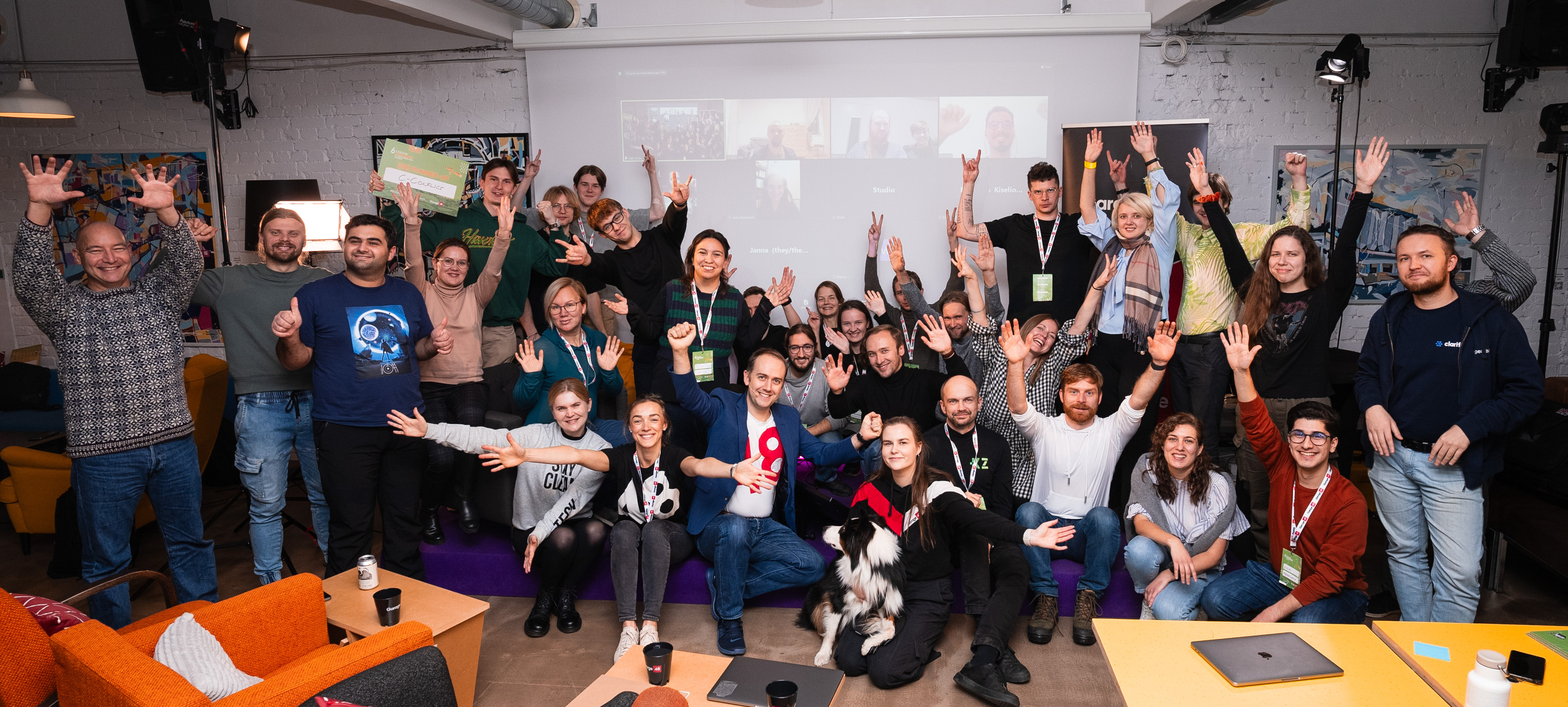
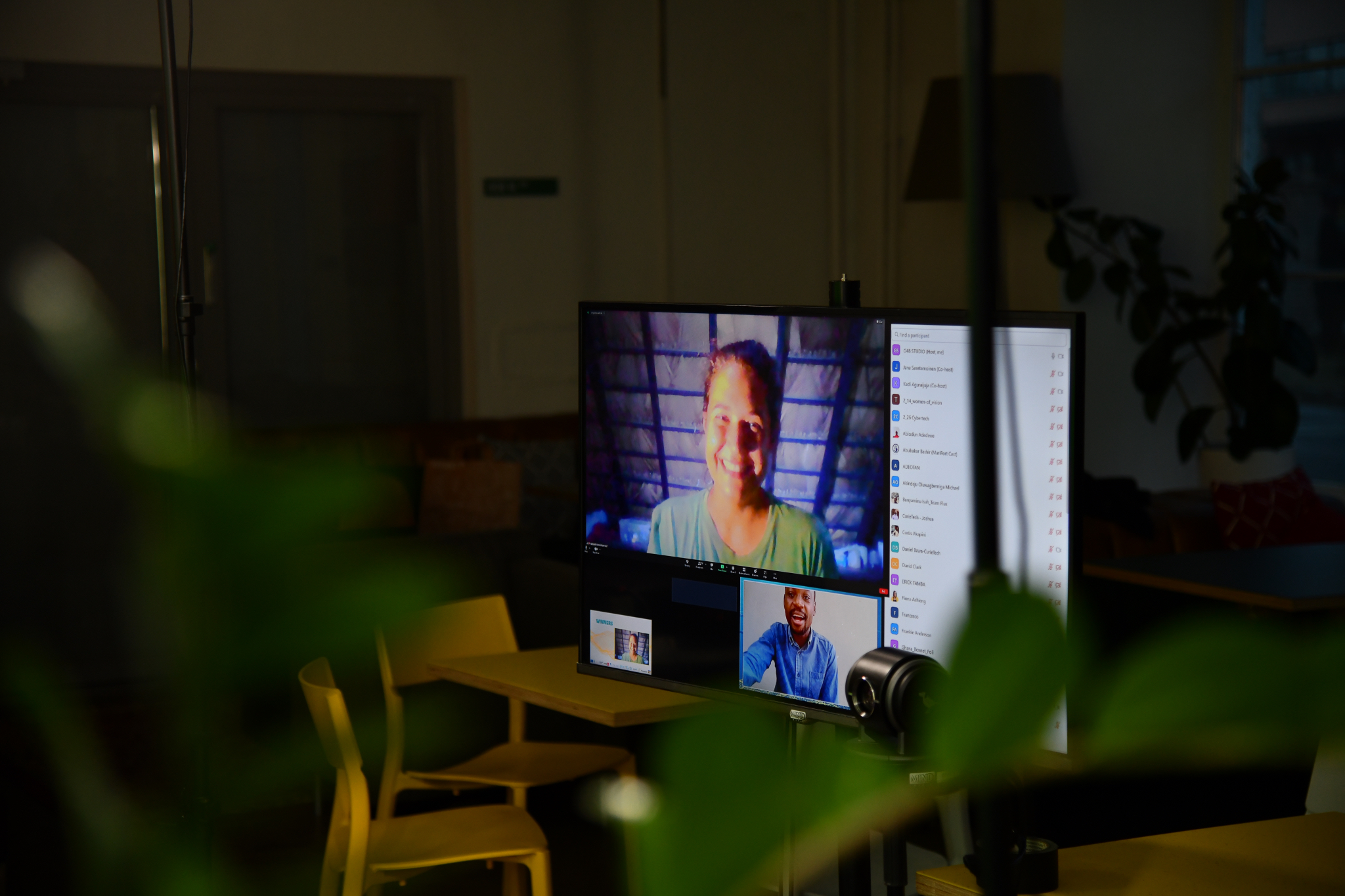
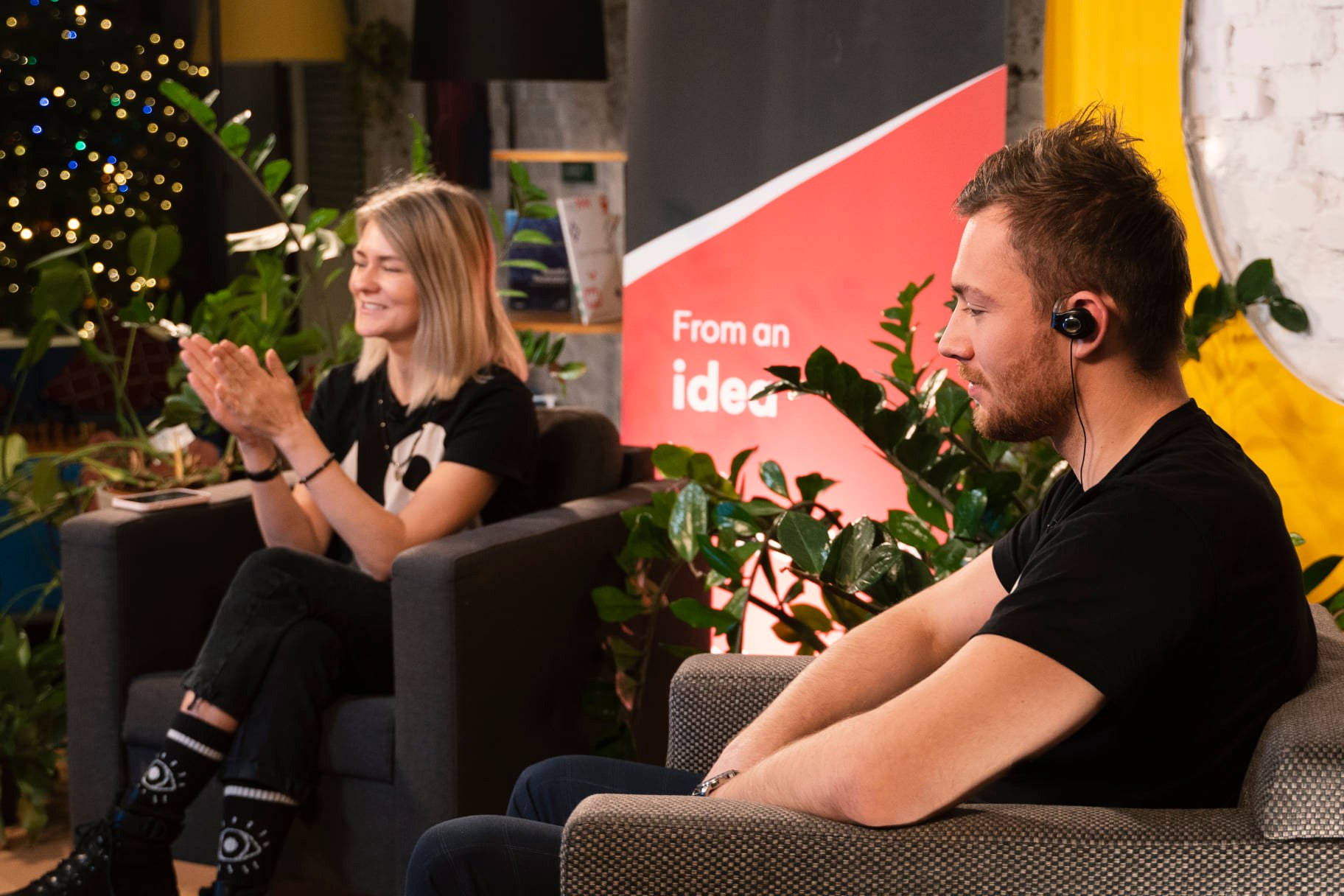

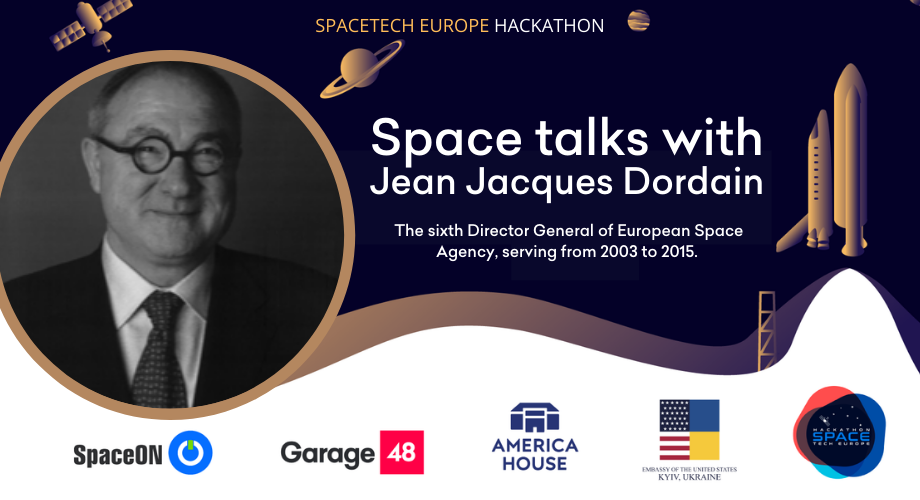

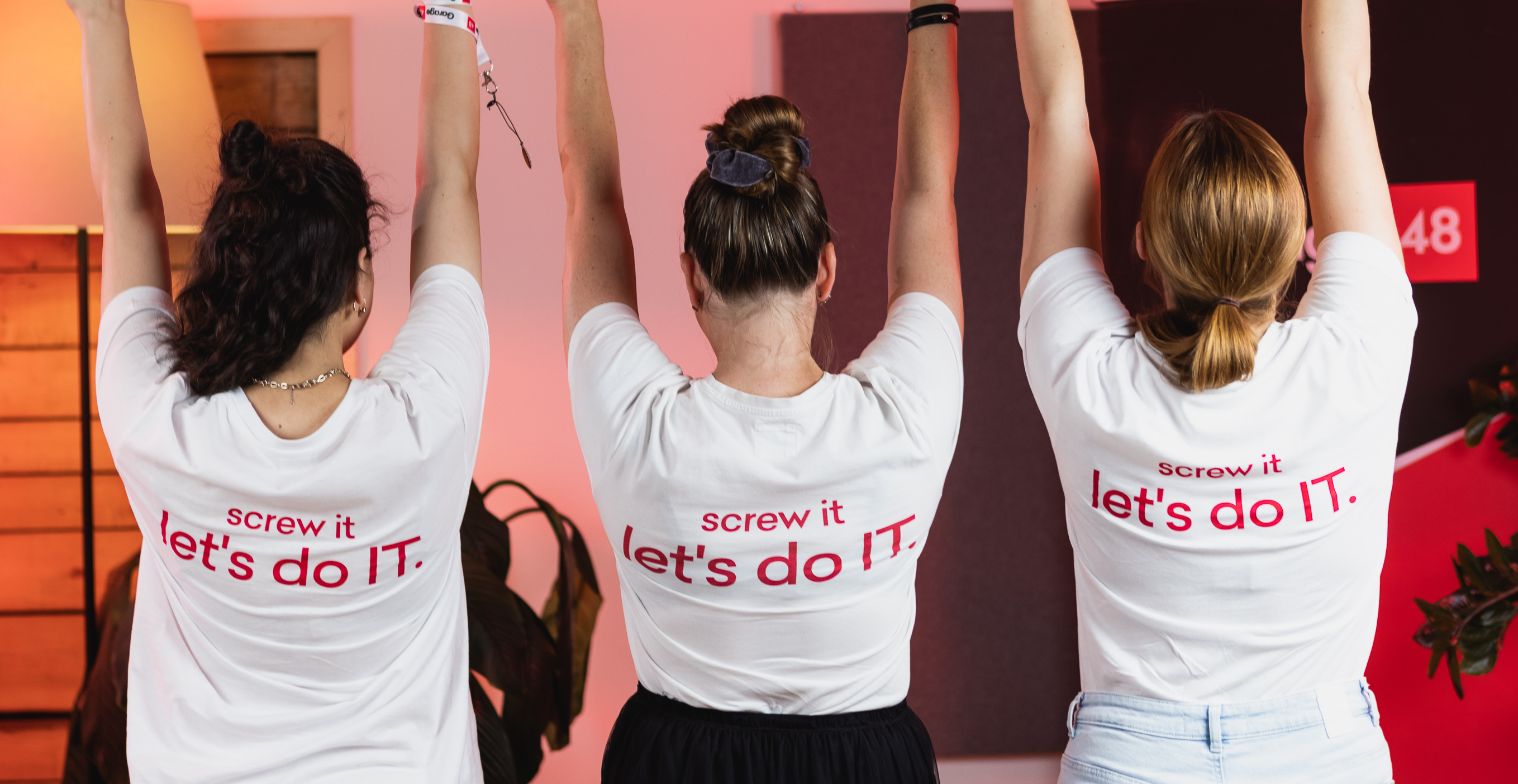
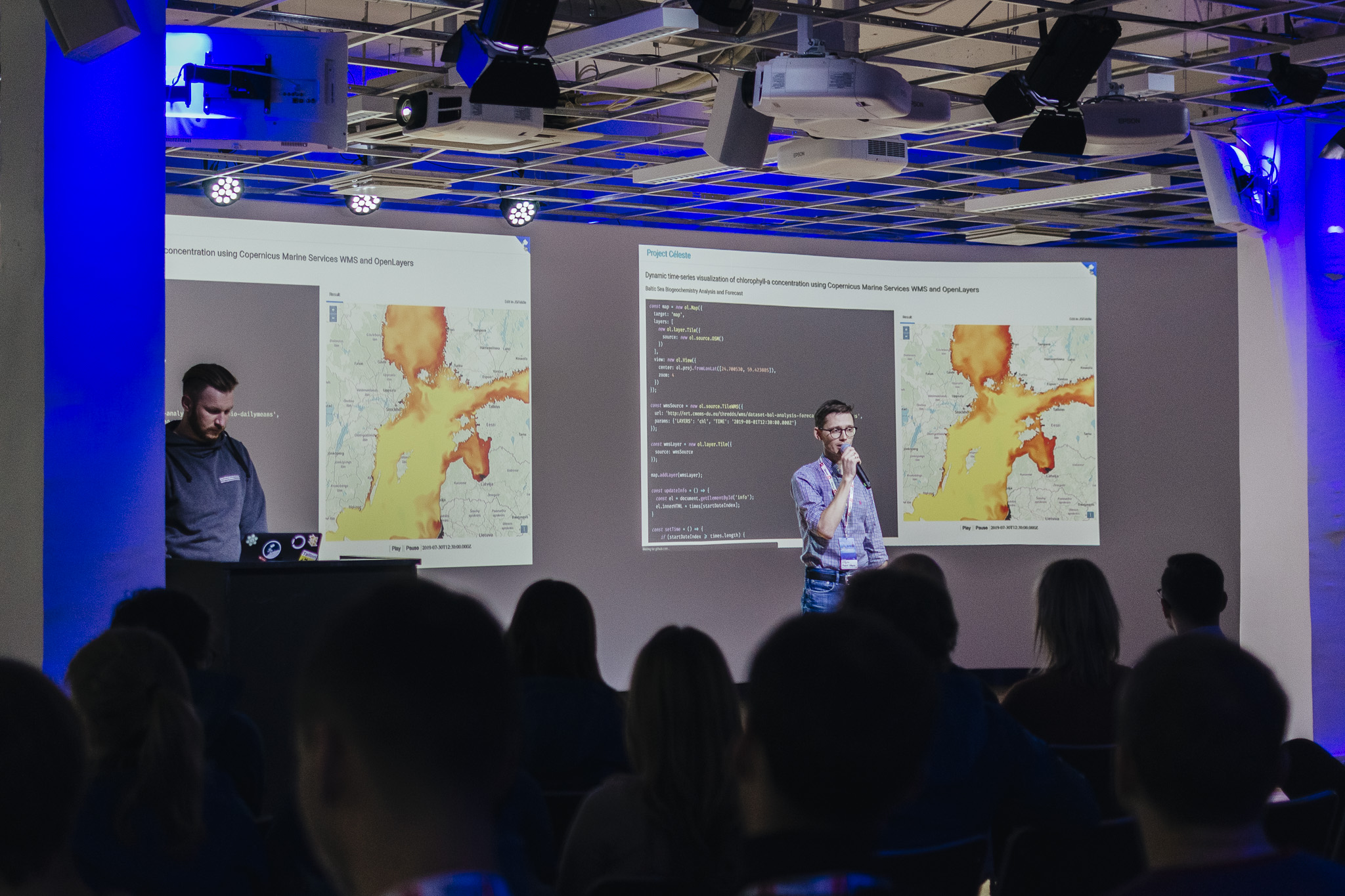
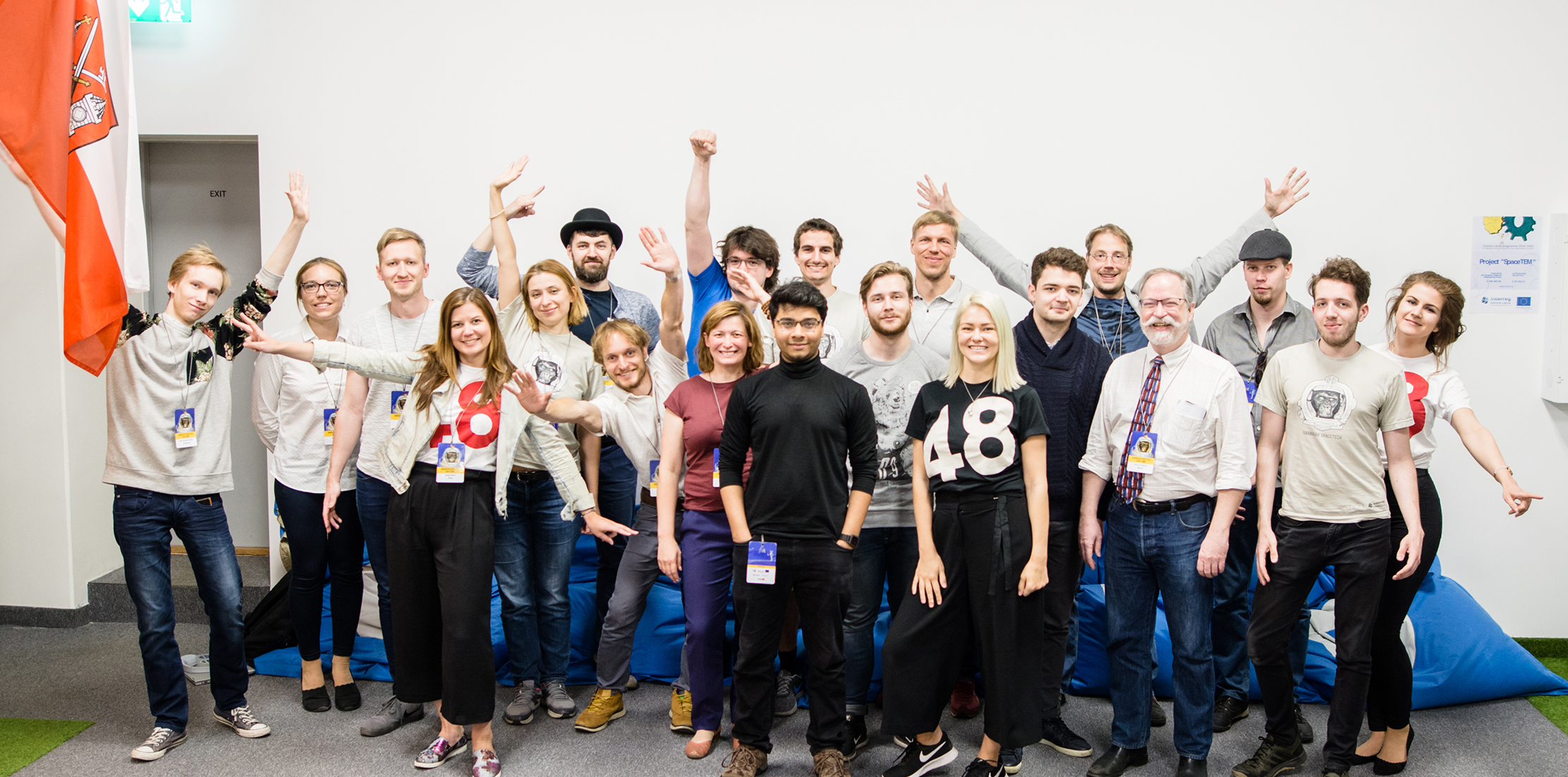
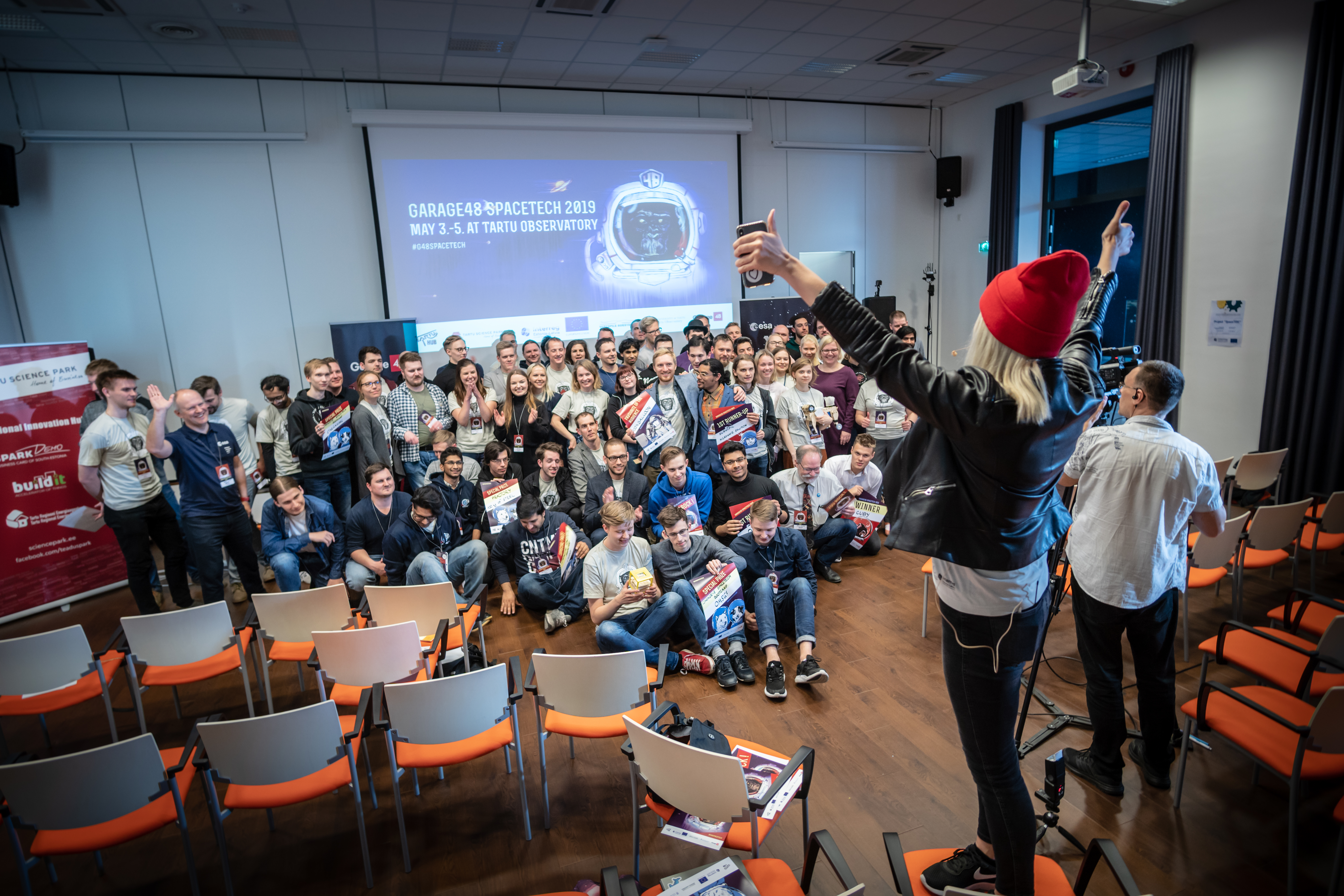
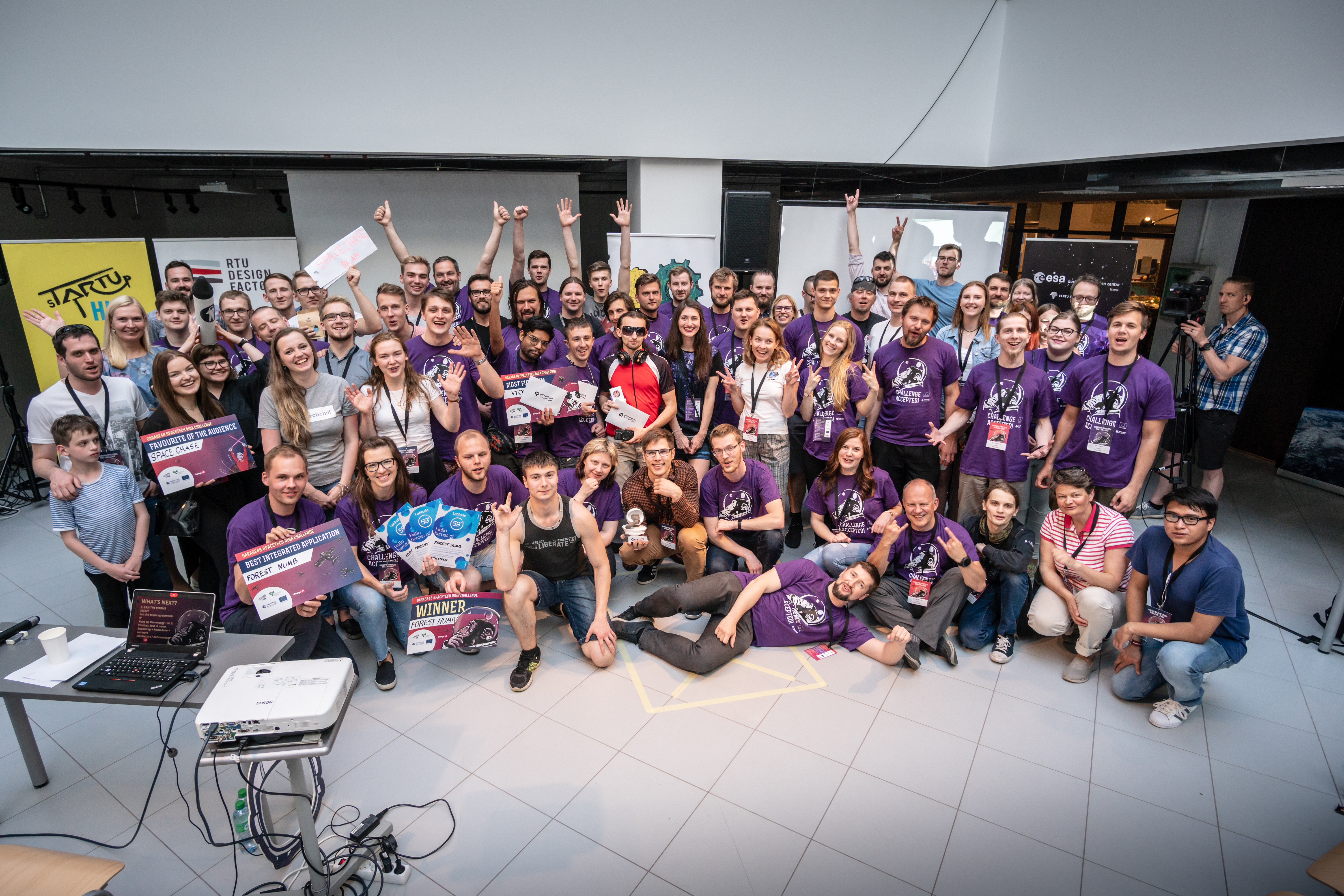
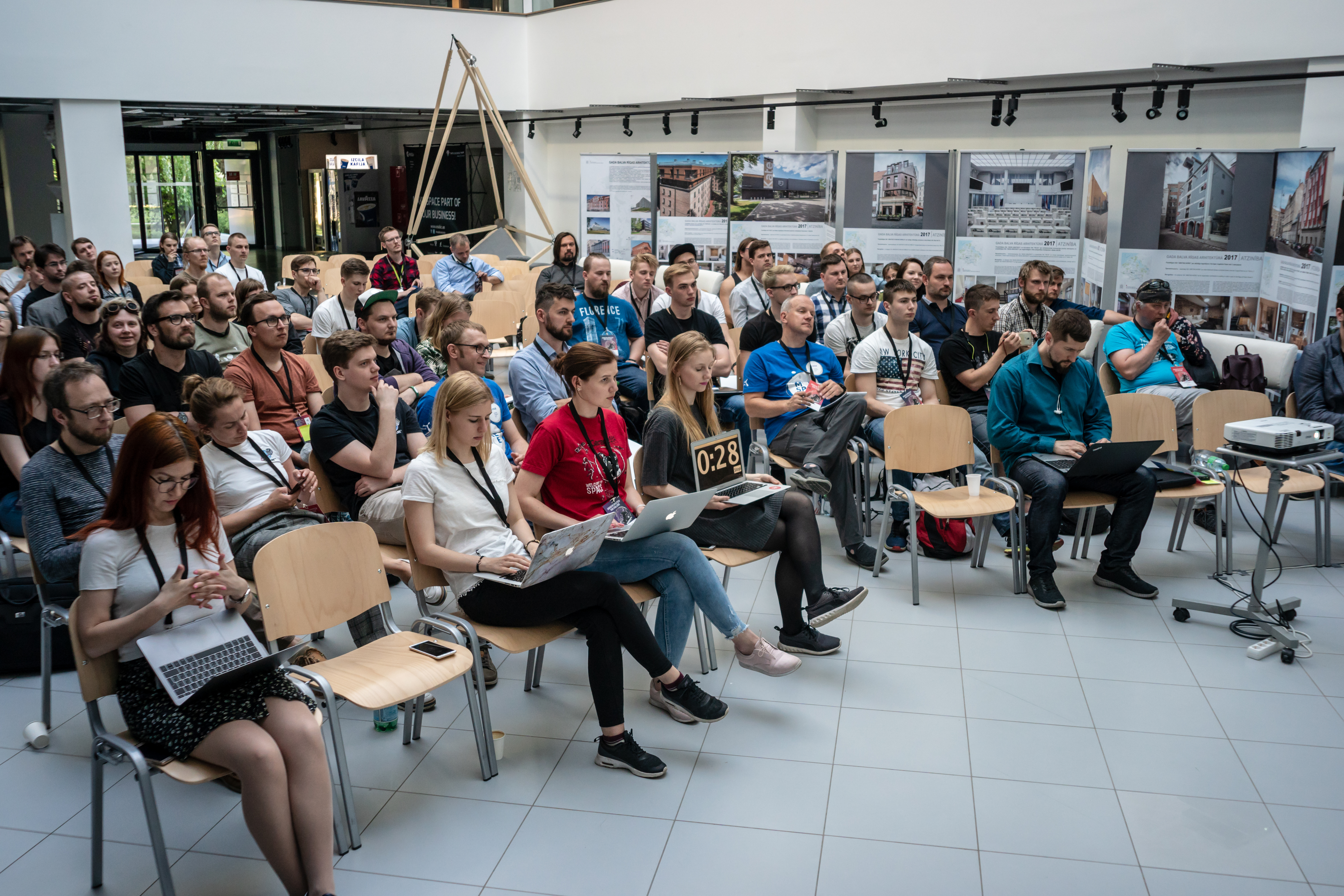



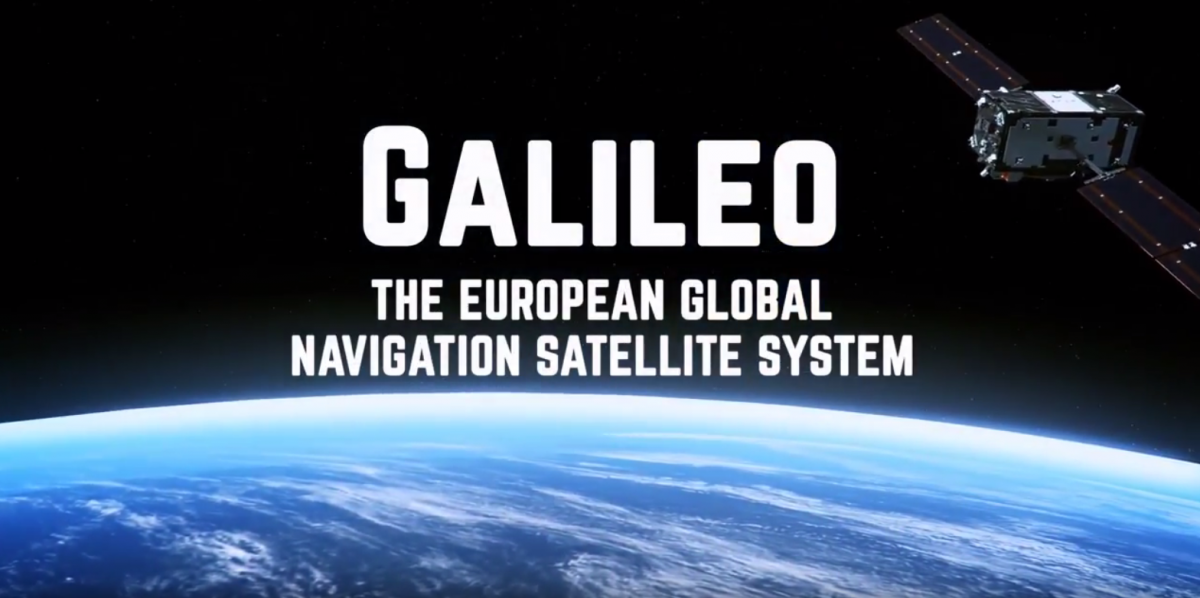
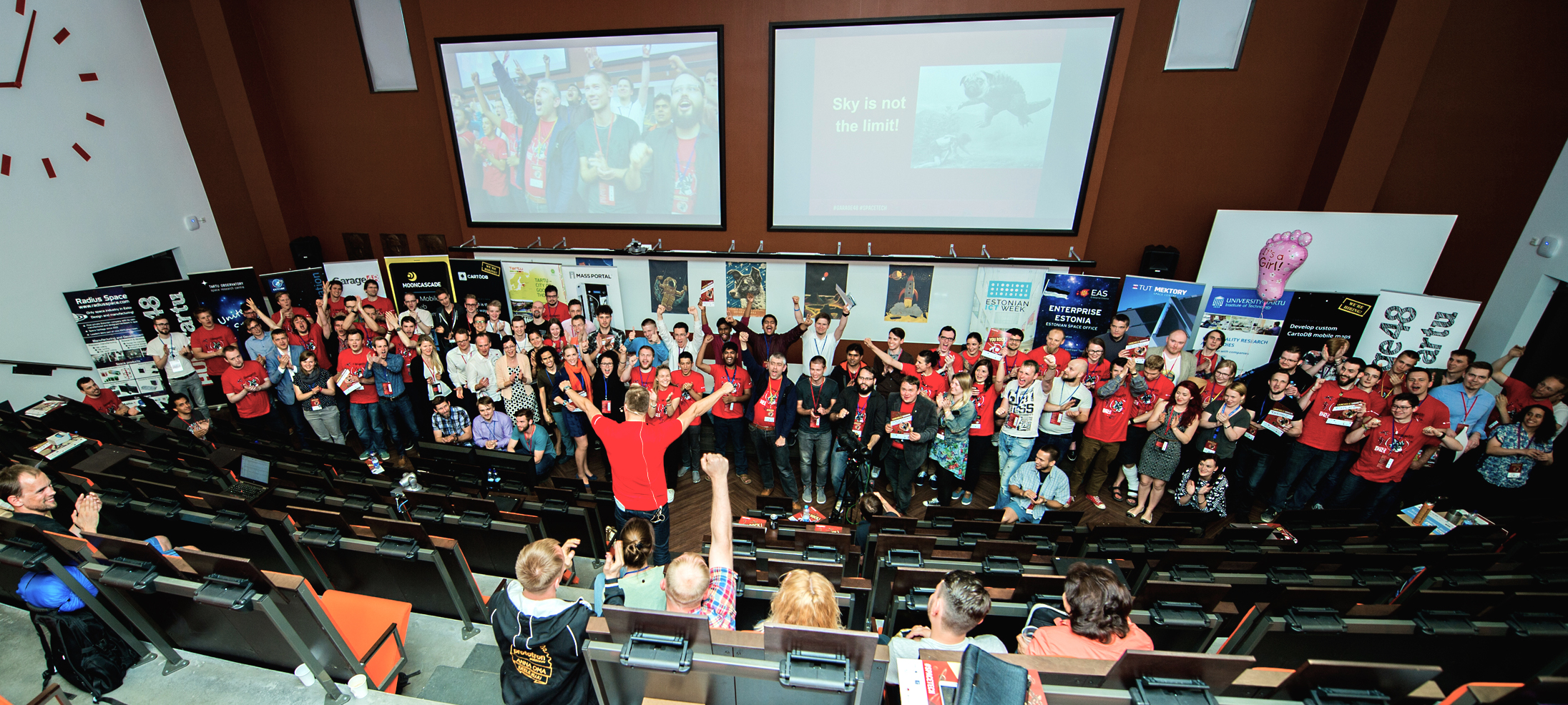
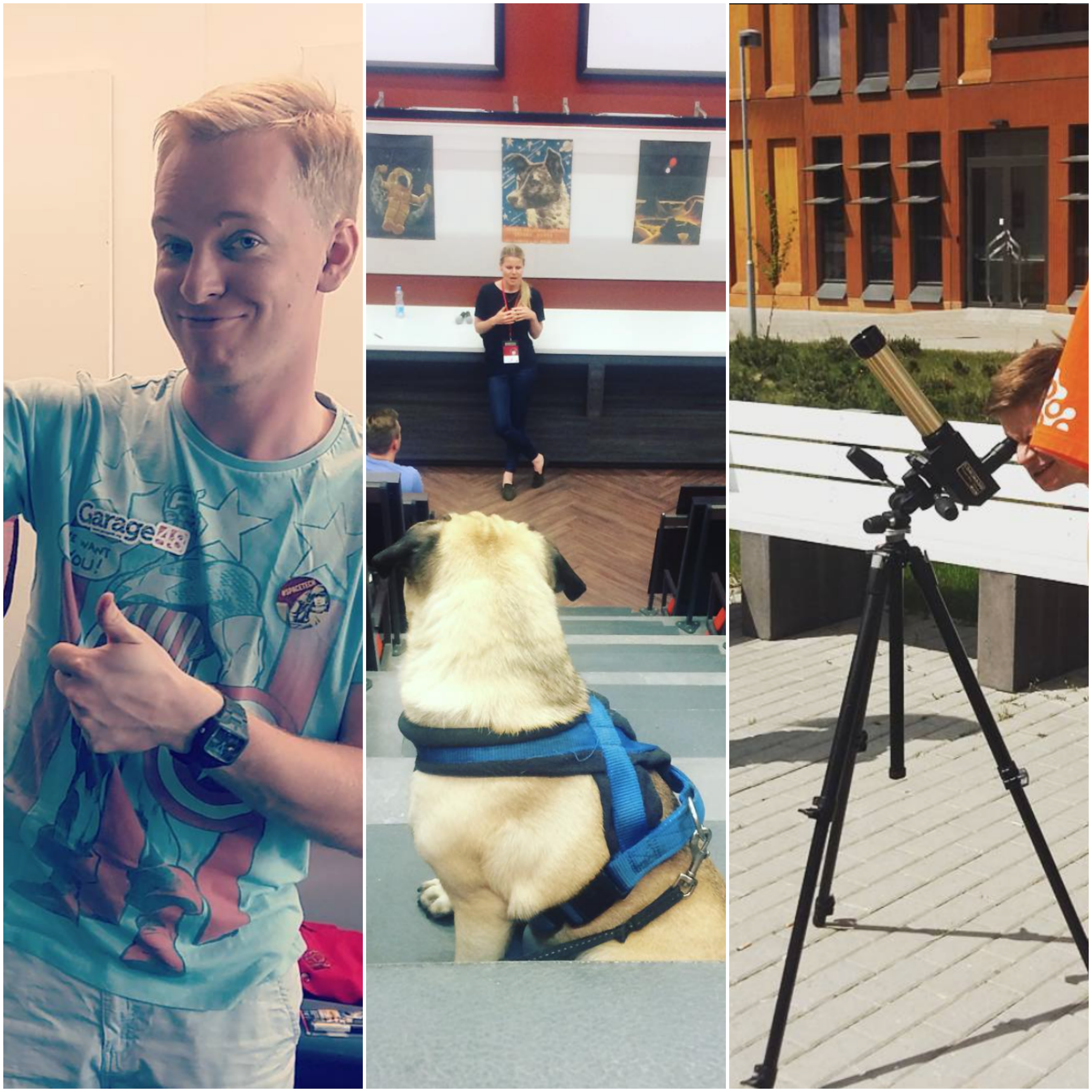
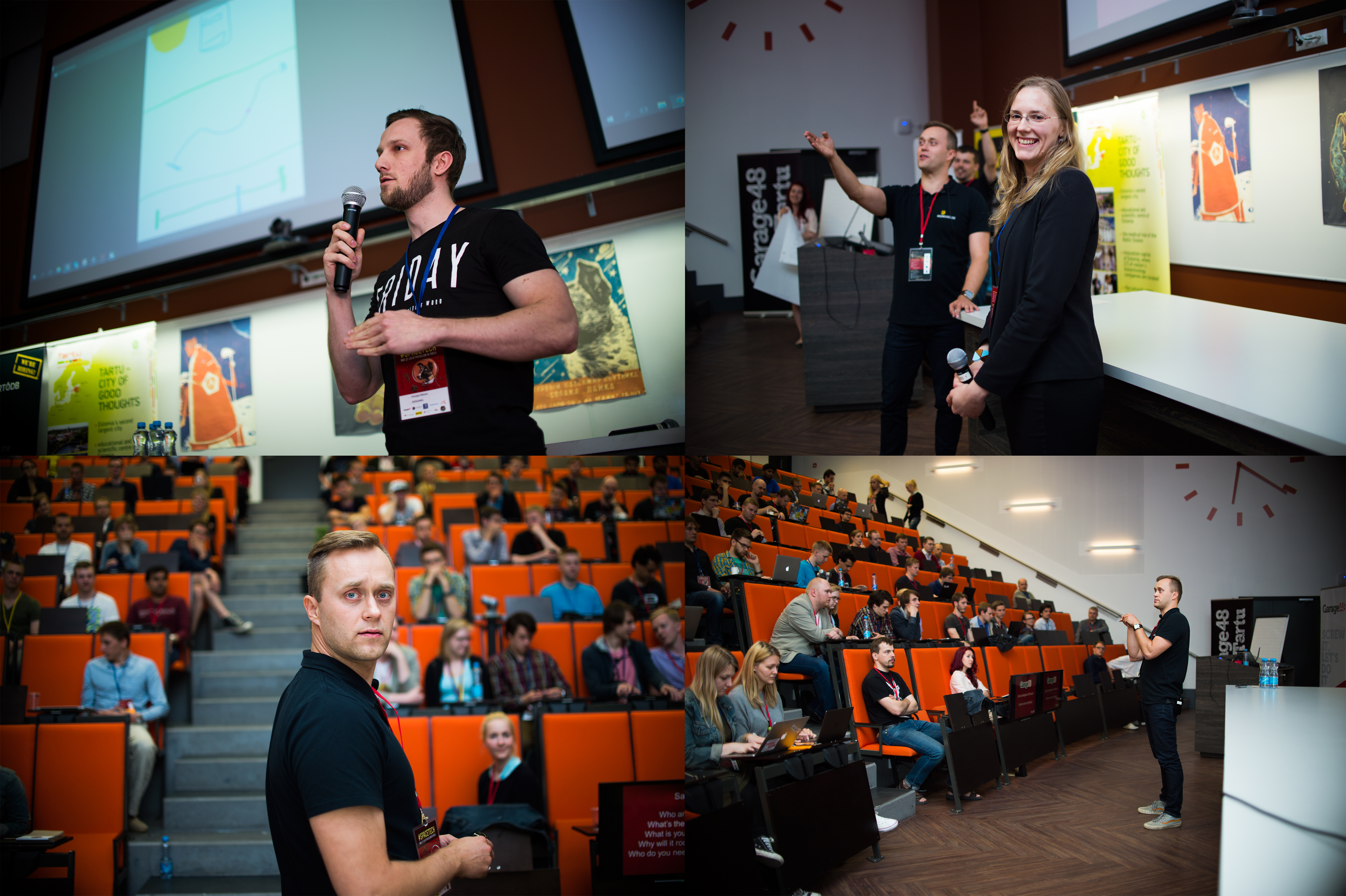







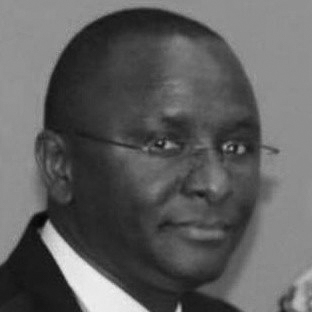
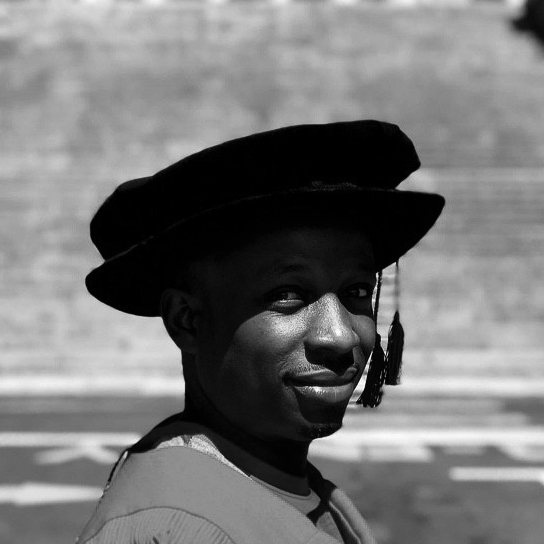

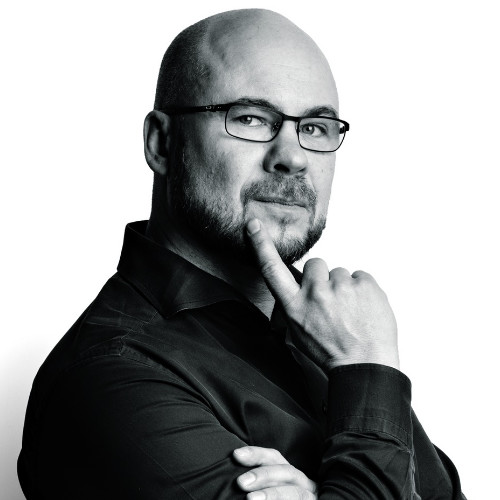
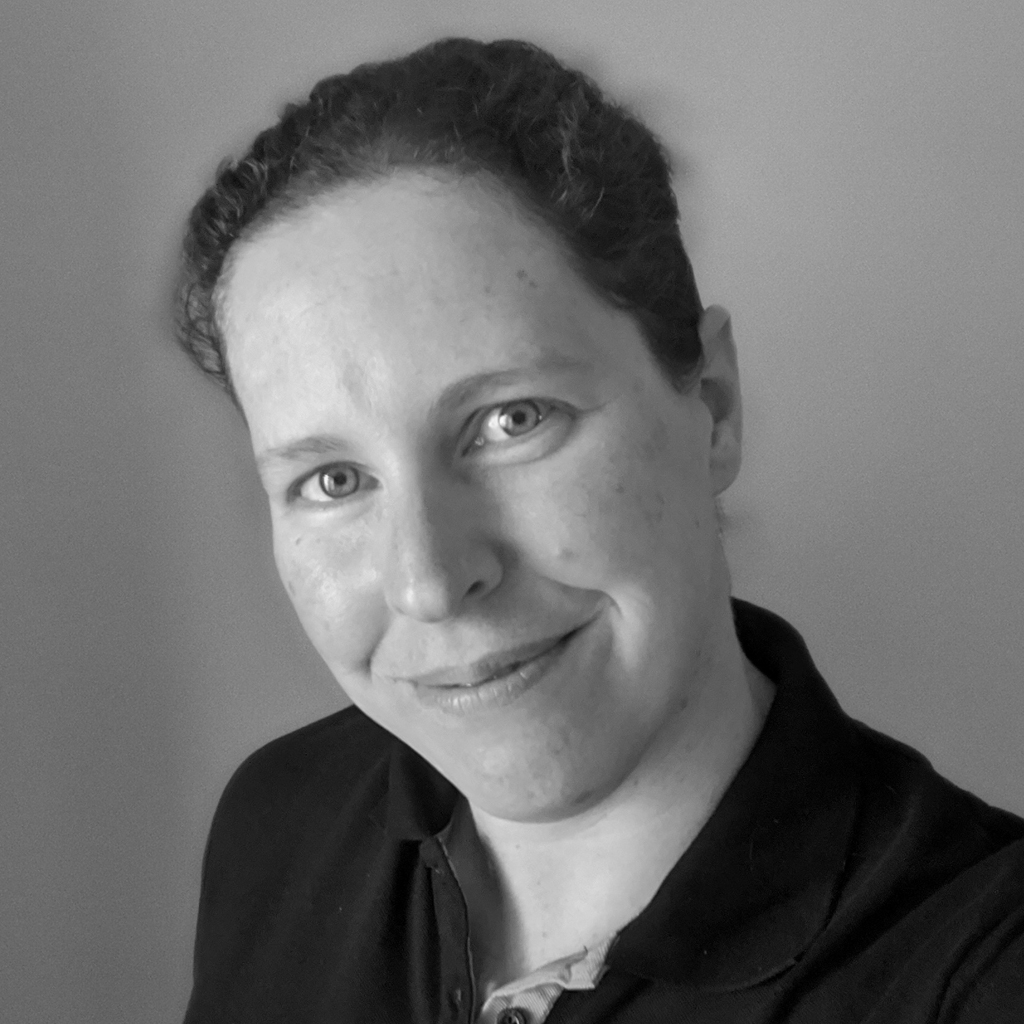

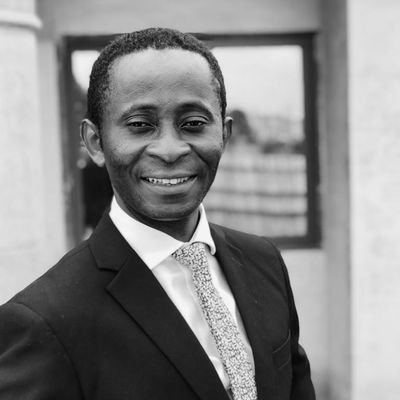


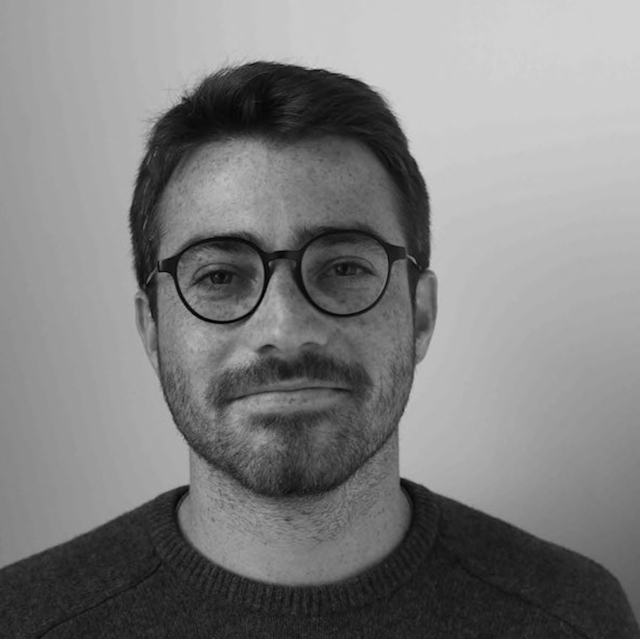
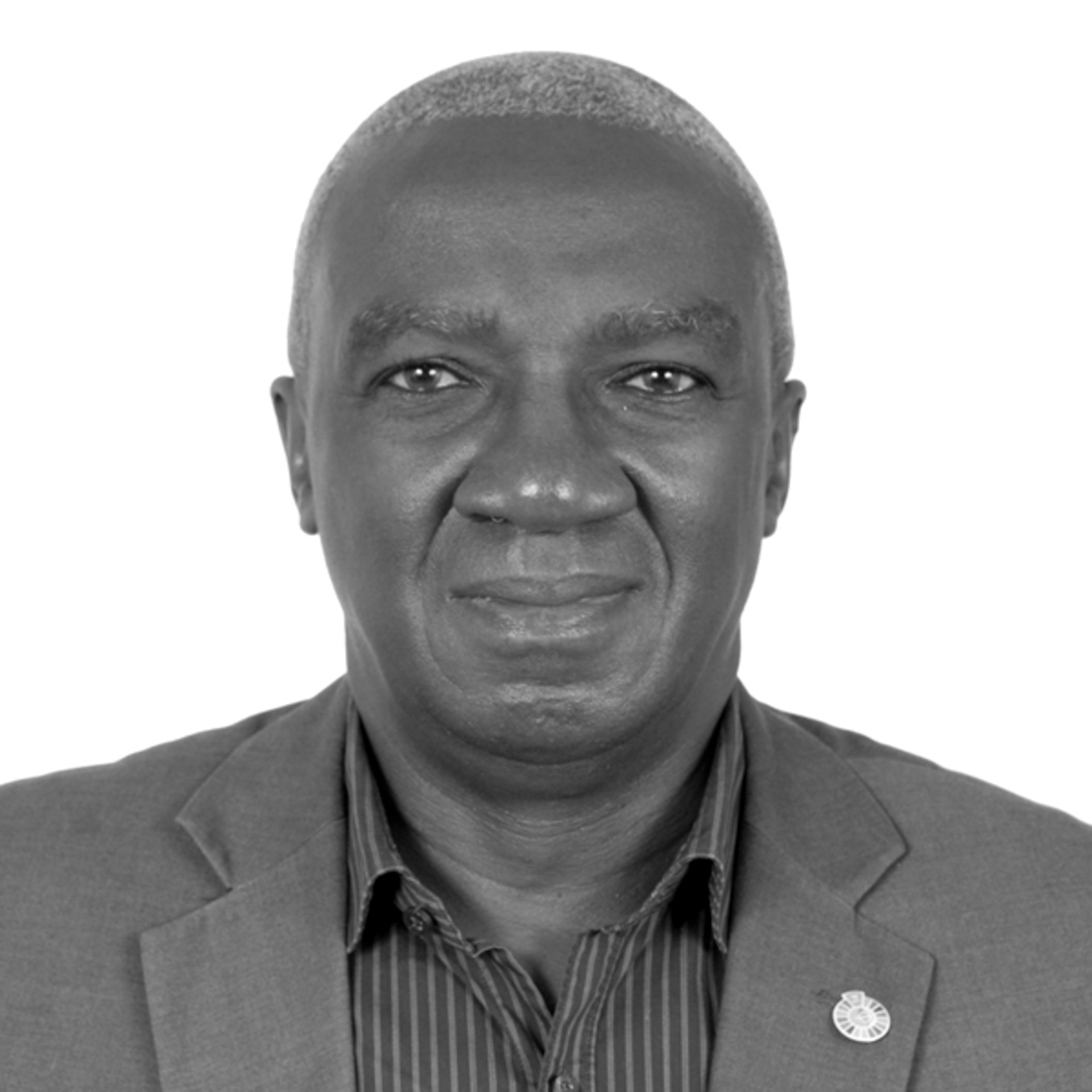

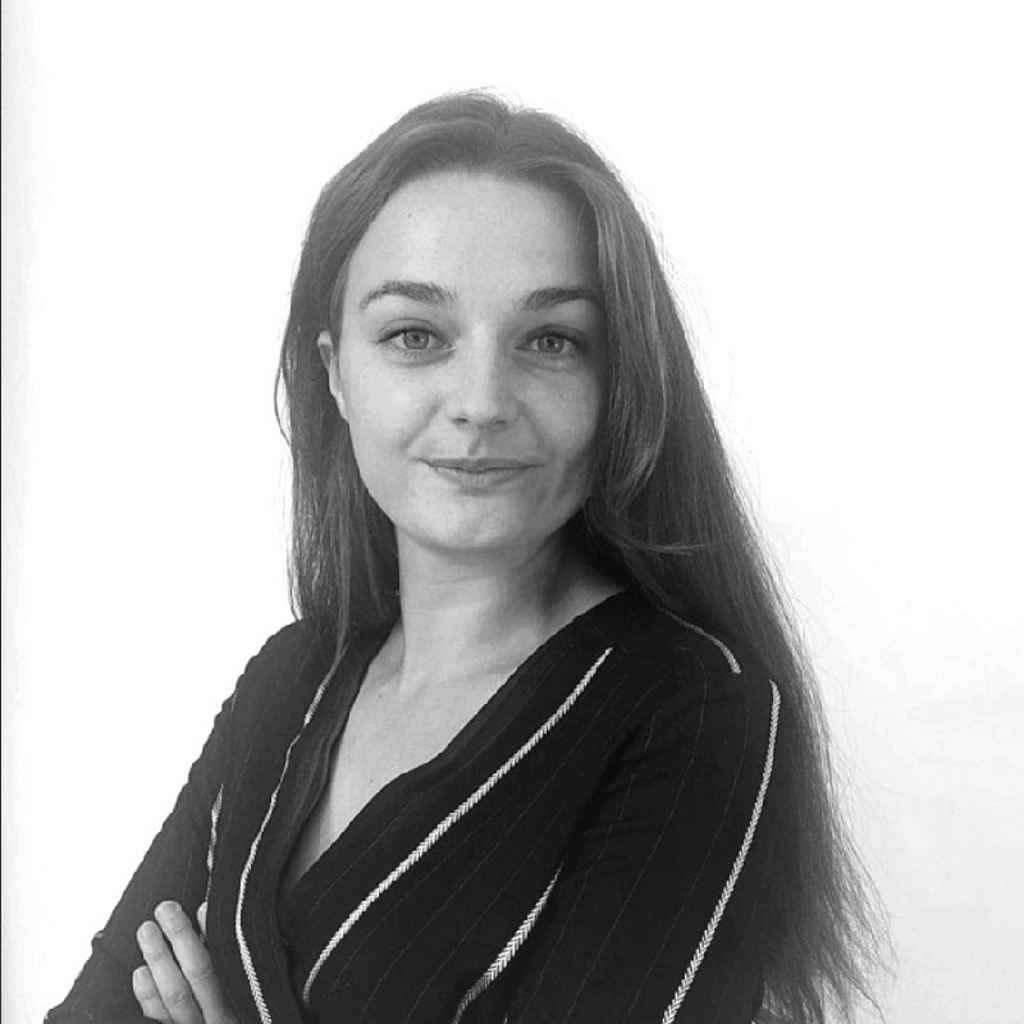

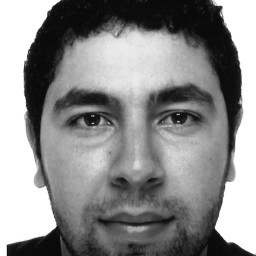
.jpg)
